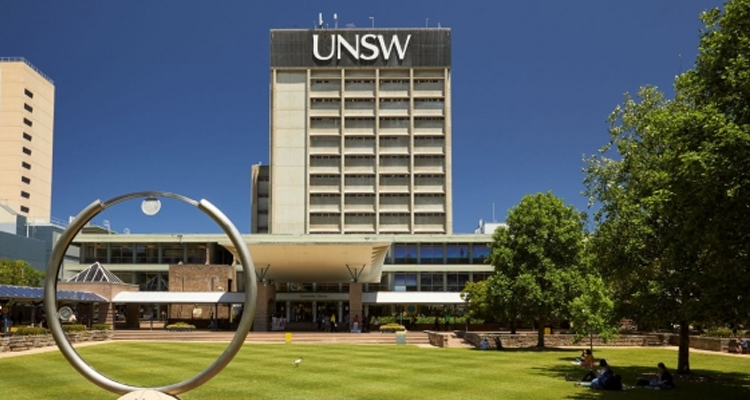
Dear members of the UNSW community
Today the findings of the 2021 Universities Australia National Student Safety Survey (NSSS) have been announced.
This is an important survey and one that is very difficult to read. It tells us that sexual harassment and sexual assault are still common experiences for Australian university students. While not all these experiences occur in university contexts, the findings of the NSSS demonstrate the profound impacts of gendered violence on students.
Behaviour that amounts to sexual harassment or sexual assault is not acceptable at UNSW.
Our students are affected directly. They need us to do more, we need to do more. As universities we have additional responsibilities, not only must we make our campuses safe and welcoming places for all our students, staff and visitors we are also uniquely placed to contribute to solutions. We graduate thousands of people every year whose understanding, expectations and actions will shape behaviour in the broader community. They will influence culture in workplaces and homes across Australia for decades to come. Our university can be a powerful force for that change.
UNSW supports the recommendations in the NSSS and thanks all our UNSW students who took part, especially those victim-survivors who bravely shared their experiences. Their feedback, along with findings from the survey, will be critical in helping us to address gendered violence within our own community, including what prevents victim-survivors from coming forward and making a report.
Over recent years we have pursued key initiatives in partnership with student organisations, co-designed to create awareness and provide support for those affected. We will build on this collaborative approach to address the findings in the 2021 survey.
Key findings
UNSW findings were broadly in-line with the national survey results and include:
- Sexual harassment and sexual assault are common experiences for Australian university students
- Of those who participated in the survey, there is a disproportionate rate of sexual harassment and sexual assault among gender and sexuality diverse students, as well as young women and students with disability
- A very large proportion of students who participated in the survey are not aware of how to report an incident of sexual harassment or sexual assault or where to go to for support.
The survey has provided valuable insights to better target our efforts and highlights the next step-change we need to increase awareness for students on how to access support. You will find the full national and UNSW specific reports here.
More information
Both the national and UNSW reports are publicly available on our website and we invite anyone interested to read them. We also welcome any questions that these reports may raise for you.
This site also includes details of the work that UNSW has undertaken, with our student organisations, in response to the Respect. Now. Always. (RNA) initiative. We have worked to fulfil all the recommendations made in the 2016 survey and RNA program and improve the prevention of and response to sexual misconduct. For example, we established a Sexual Misconduct Reporting Portal which allows anyone, including those directly impacted, witnesses and support people, to anonymously and confidentially report an incident of sexual assault or sexual harassment and seek support.
Action
What is clear from the latest survey is that we must continue in earnest to build on these initiatives and reduce the incidence of gendered violence in our community and improve the outcomes for those impacted.
A new strategy addressing gendered violence at UNSW is being developed with the Gendered Violence Research Network, informed by the results of the NSSS, and will be available in May. This will include strategies to prevent gendered violence as well as provide a supportive and respectful approach to the management of incidents when they do occur.
Support
We understand that conversations about the NSSS and its results can be distressing for members of our university and wider community. If you would like to discuss anything that this report brings up for you, please phone 1800Respect, the national sexual assault, domestic and family violence counselling and information service on 1800 737 732 or visit their website. Further support services are available. Current or past incidents can always be reported, and support accessed via the UNSW Sexual Misconduct Reporting Portal.
We encourage everyone to read the report and to work together – staff and students – to build a safer environment for all.
Best wishes
Professor Attila Brungs
Vice-Chancellor and President
Professor Eileen Baldry
Deputy Vice-Chancellor Equity Diversity & Inclusion
Nayonika Bhattacharya
President, Student Representative Council
- Log in to post comments
